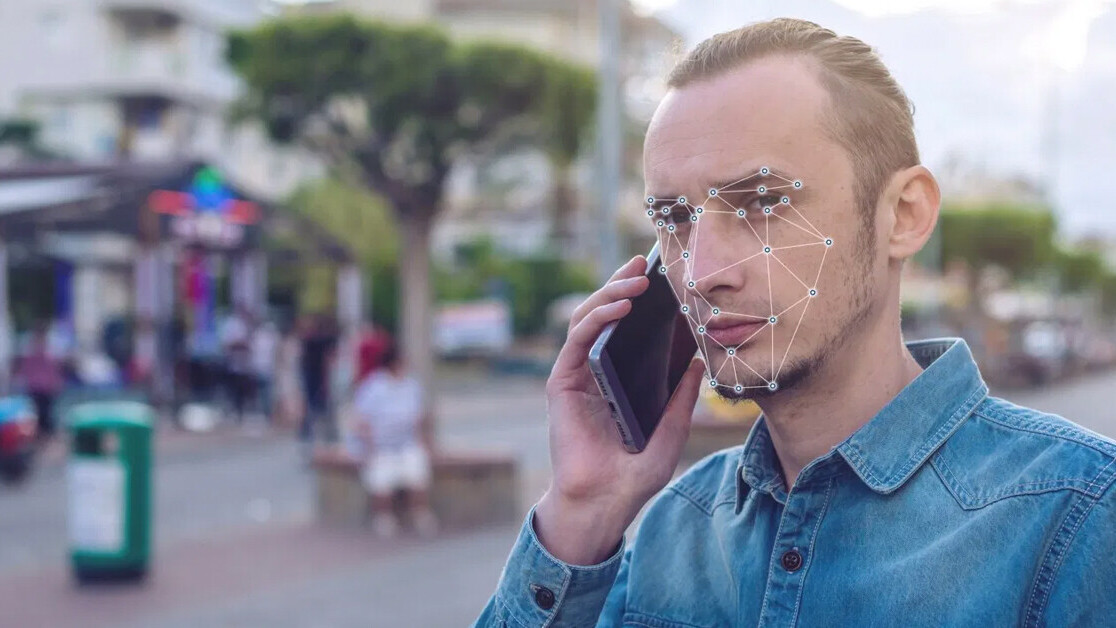We live in an age where we have unprecedented access to almost any information we need. With the emergence of new technology like artificial intelligence (AI), facial recognition, big data, and more, the human experience is being changed forever. Almost anything you need is just a tap away; but this access comes at a price—data for data. A simple online search may seem harmless, but before you know it, you’re being bombarded with ads offering you exactly what you were looking for. How exactly does this work?
In basic terms, most times you use a technology application, you—often unknowingly—reveal your personal data including your age, location, and sex amongst other things. This data is collected and analyzed and then used to personalize your online experience. For example, an article on Watchblog talks about how your online shopping habits are monitored by tracking companies that later leads to better personalized online experiences. This information is then sometimes sold by those tracking companies to larger entities for future use.
AI, although a huge boon, comes with a real risk: the potential breach of human rights, specifically, your privacy. Today, AI and facial recognition are being used to generate or mine sensitive personal information as well as identify and profile people. With such huge implications, the very topic has caused a societal divide—with some arguing that AI and facial recognition should be banned entirely, and others promulgating the world of possibilities it opens up to humans, albeit with some risk.
Read: [Clearview AI’s false claims of accuracy increase the dangers of its face recognition software]
The upside

Advanced healthcare
AI and facial recognition allow for new possibilities when it comes to diagnosis and treatment. For instance, AI helps keep track of and identify patterns in past medical records and links this information to possible diagnosis and treatment options. As noted in an article on Towards Data Science, facial recognition is currently being used in healthcare to dispense a patient’s prescriptions based on their biometric face scan. This allows for a more efficient medication pick-up system. That’s not all though—the future of facial recognition in healthcare is very promising. To quote the article “Some facial recognition software providers claim that their products can help monitor blood pressure or pain levels by identifying key facial markers, and this could prove a useful tool in the future for both physicians and end-users.”
Autonomous vehicles
Driving technology was one of the first arenas AI ventured into. In the past few decades, it has allowed the possibility of cruise control, autopilot, lane tracking, increased driver safety, and GPS systems. Many companies are also using it to increase vehicle management efficiency for business owners and encourage safer driving and worker productivity.
However, with the introduction of autonomous vehicles comes the fear of how safe self-driving cars actually are, and whether the general public at large can trust a robot to make safe, traffic-friendly choices. While the pros and cons of self-driving vehicles are still up in the air, there is much to be said about how autonomous vehicles will improve commercial fleet safety, especially once all the bugs are worked out. For instance, self-driving car fleets are likely to have AI-powered safety features that reduce car accidents. These autonomous fleets will also utilize advanced GPS tracking software that will transfer data to organizations that can make business decisions regarding their movement, so as to operate at maximum productivity and safety.
Criminal justice
Around the world, government security agencies and corporations are using AI and facial recognition to help reduce crime. Using this technology, officials are now able to identify anything from the exact source location of a gunshot to predictive criminal behavior, patterns of fraud, and areas and occasions prone to criminal activity. The sheer amount of possibilities this opens up for law and forces to correctly assess and deal with criminals means leaps and bounds for national and personal security.
These are just a handful of the many benefits of AI and facial recognition technology, in terms of bettering our daily lives and offering more convenience in modern society.
The downside

For one, AI can only glean the insights it needs to function optimally from unfettered access to data. This often results in limited cybersecurity and increased avenues for cybercriminals to gain access to sensitive information. In fact, even seemingly safe home devices like baby monitors, smart fridges and home assistants, all pose a threat to one’s security by providing hackers with a way to infiltrate one’s personal space.
The AMA Journal of Ethics further lists some of the implications of AI and facial recognition technology, in terms of violating a user’s privacy. Informed consent is one such issue, with an increasing need for healthcare providers that utilize facial recognition to inform their patients about the potential uses of patient data.
To quote the journal, “In particular, patients might not be aware that their images could be used to generate additionally clinically relevant information. While FRT systems in health care can de-identify data, some experts are skeptical that such data can be truly anonymized; from clinical and ethical perspectives, informing patients about this kind of risk is critical.”
Secondly, the journal article delves into the ethical issue of bias. When it comes to diagnosis based on facial recognition, there is a large margin for error of biased, and even racially profiled results. When the data pool for AI and facial recognition is not racially diverse, the results too can be skewed in nature.
This issue is not only pertinent to healthcare but is also important when it comes to the criminal justice system’s use of AI and facial recognition. For instance, consider the usage of a facial recognition system to identify gay men. The technology, as quoted in the AMA Journal of Ethics, “simply identified the kind of grooming and dress habits stereotypically associated with gay men”, illustrating how bias can shape facial recognition findings.
Another issue to consider is the role of facial recognition and AI when it comes to democratic freedom. As stated in the Towards Data Science article, “The principles behind democratic freedom mean having the right to choose, the freedom to gather and share views. Despite the many uses of facial recognition tech, this is one area it takes away.” Facial recognition and AI makes it very possible for governments to actively spy on their citizens, without their knowledge about the same, and under the guise of national safety protocols. This may sound like a dystopian movie plot, but the reality is that advanced technologies like these can very easily be used for less-than-ideal means. This is something we need to be aware of before allowing technology to further permeate into aspects of our daily lives.
As noted above, AI and facial recognition technology have many advantages. However, when used maliciously, these technologies can do more harm than good. It is thus vital that these technologies are implemented with the utmost caution, and while keeping ethical frameworks about user privacy in mind. Providing notice, asking for consent, and adequate privacy and data protection are thus essential to the successful use of AI and facial recognition in the future.
This story is republished from TechTalks, the blog that explores how technology is solving problems… and creating new ones. Like them on Facebook here and follow them down here:
Get the TNW newsletter
Get the most important tech news in your inbox each week.






